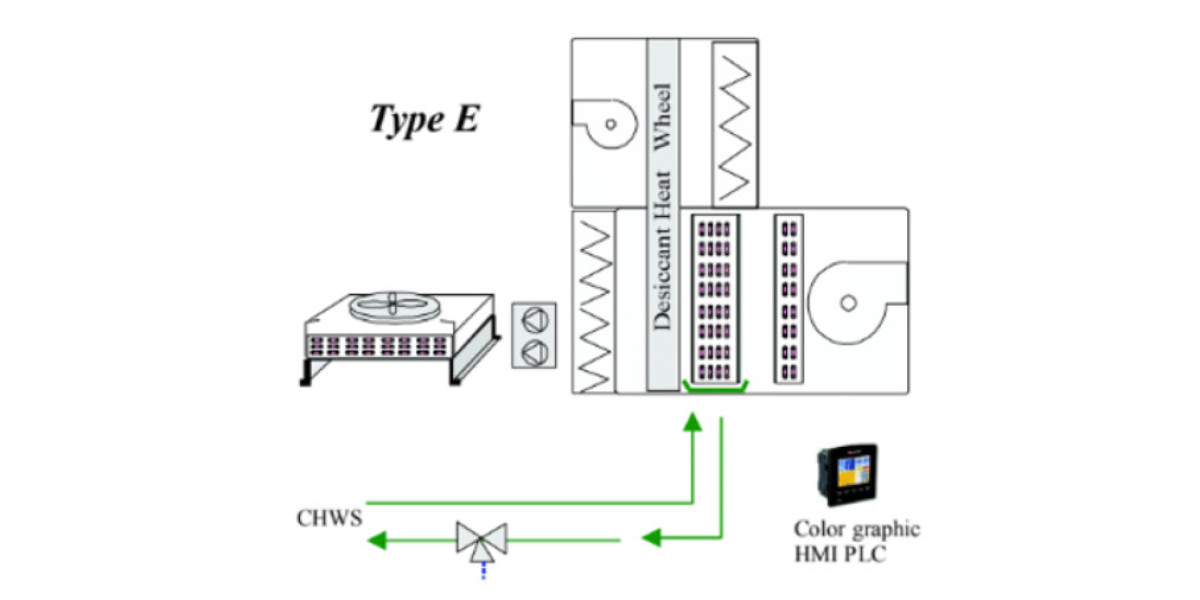Humidity plays a crucial role in maintaining comfort and preserving the integrity of various materials in both residential and commercial settings. However, excessive or insufficient humidity levels can lead to a host of problems, including mold growth, degradation of wood and other materials, and discomfort for occupants. This is where humidity control units come into play, offering an effective solution to regulate indoor humidity levels and create a healthier and more comfortable environment.
Understanding the Importance of Humidity Control
Before delving into the specifics of humidity control units, it's essential to grasp why maintaining optimal humidity levels is so important. Humidity affects not only our comfort but also our health and the condition of our indoor spaces. High humidity can promote the growth of mold and mildew, which can trigger allergies and respiratory issues. On the other hand, low humidity levels can cause dry skin, irritation of the respiratory tract, and even damage to wooden furniture and musical instruments.
Types of Humidity Control Units
There are several types of humidity control units available on the market, each designed to address specific needs and preferences. These include:
- Dehumidifiers: Dehumidifiers are designed to remove excess moisture from the air, effectively lowering humidity levels and preventing mold growth and other moisture-related issues.
- Humidifiers: Humidifiers, on the other hand, add moisture to the air to increase humidity levels, particularly in dry climates or during the winter months when indoor air tends to be drier.
- HVAC Systems with Humidity Control: Many modern HVAC systems come equipped with humidity control features, allowing users to regulate both temperature and humidity levels for optimal comfort and air quality.
- Portable Humidity Control Units: These compact units are ideal for smaller spaces or for targeting specific areas where humidity levels need to be regulated, such as basements, bathrooms, or closets.
Benefits of Humidity Control Units
Investing in a humidity control unit offers numerous benefits, including:
- Improved Indoor Air Quality: By regulating humidity levels, these units help prevent the growth of mold, mildew, and dust mites, thereby improving indoor air quality and reducing the risk of respiratory issues.
- Preservation of Property: Maintaining optimal humidity levels helps protect valuable possessions such as wooden furniture, artwork, and musical instruments from damage caused by excess moisture or dryness.
- Enhanced Comfort: Achieving the right balance of humidity can make indoor spaces feel more comfortable year-round, reducing the likelihood of dry skin, static electricity, and other discomforts associated with imbalanced humidity levels.
- Energy Savings: By optimizing humidity levels, humidity control units can also contribute to energy savings by allowing HVAC systems to operate more efficiently and effectively.
Conclusion
Humidity control units are indispensable tools for maintaining optimal indoor humidity levels and creating a healthier, more comfortable living or working environment. Whether you're dealing with excessive moisture or dry air, investing in the right humidity control solution can help you mitigate potential issues and enjoy the many benefits of balanced humidity year-round.








